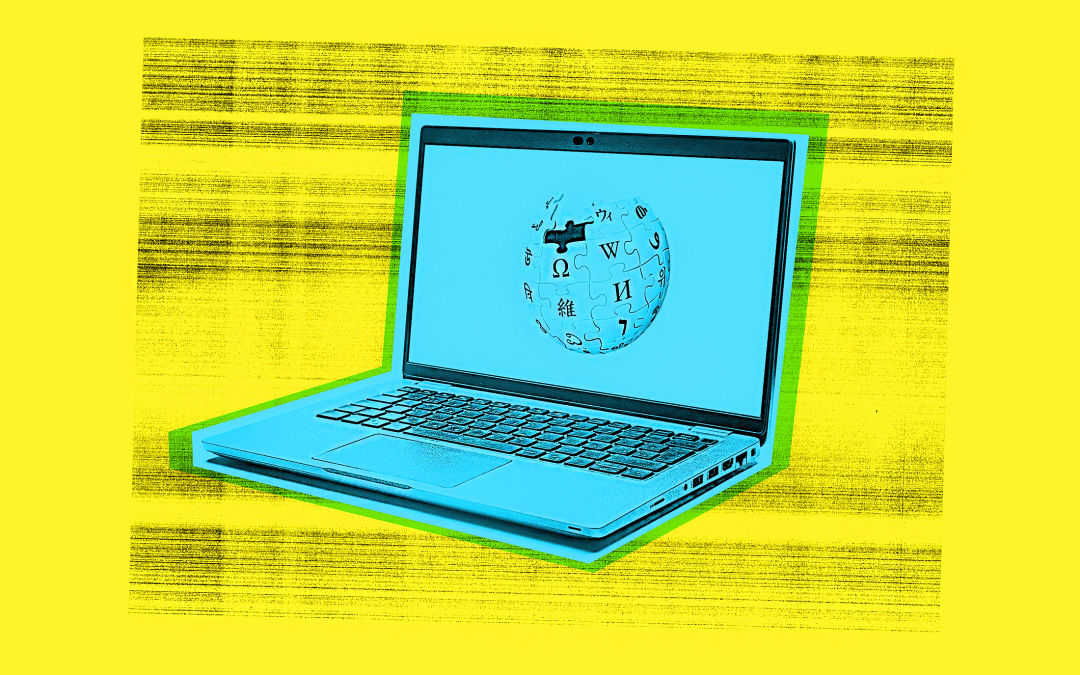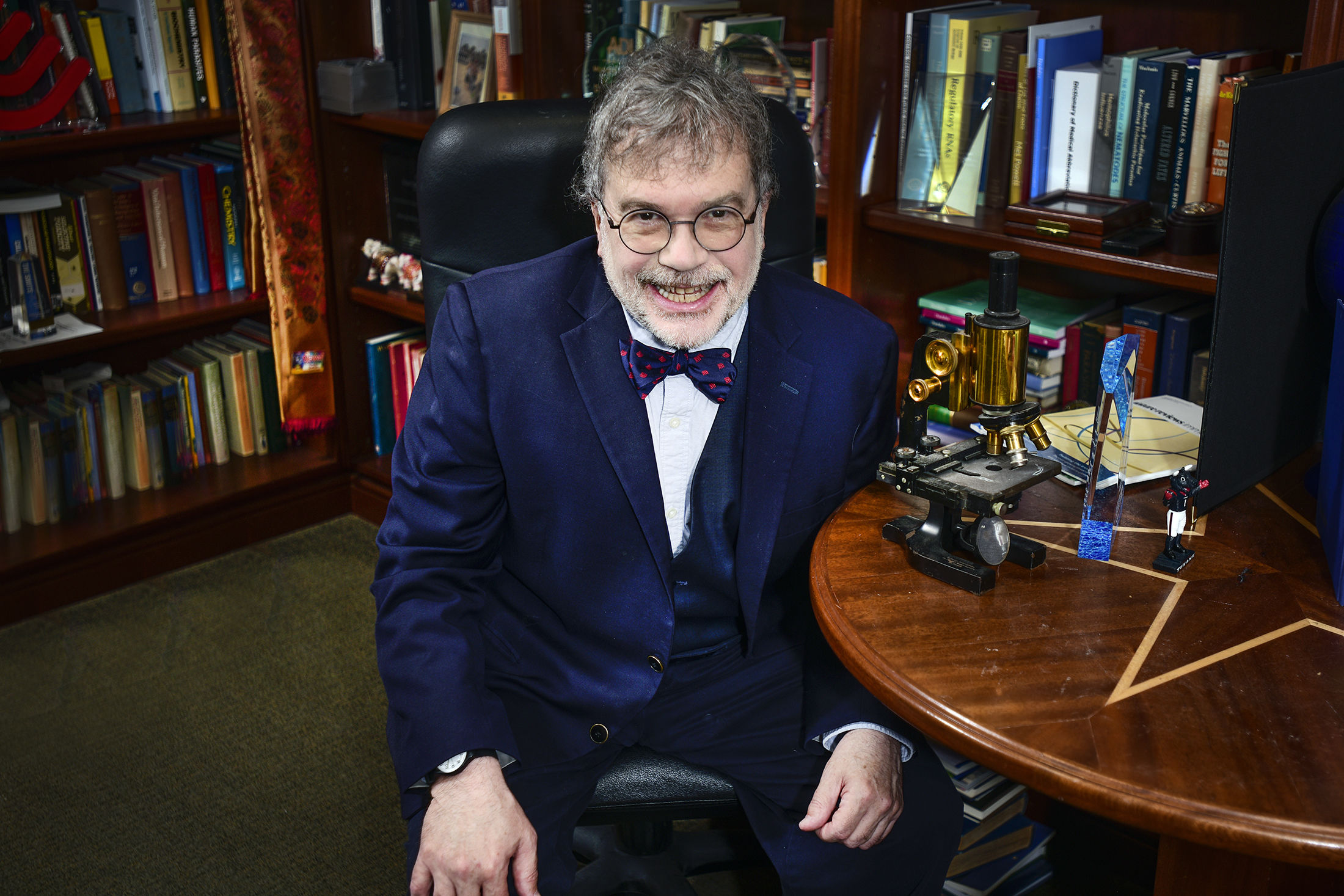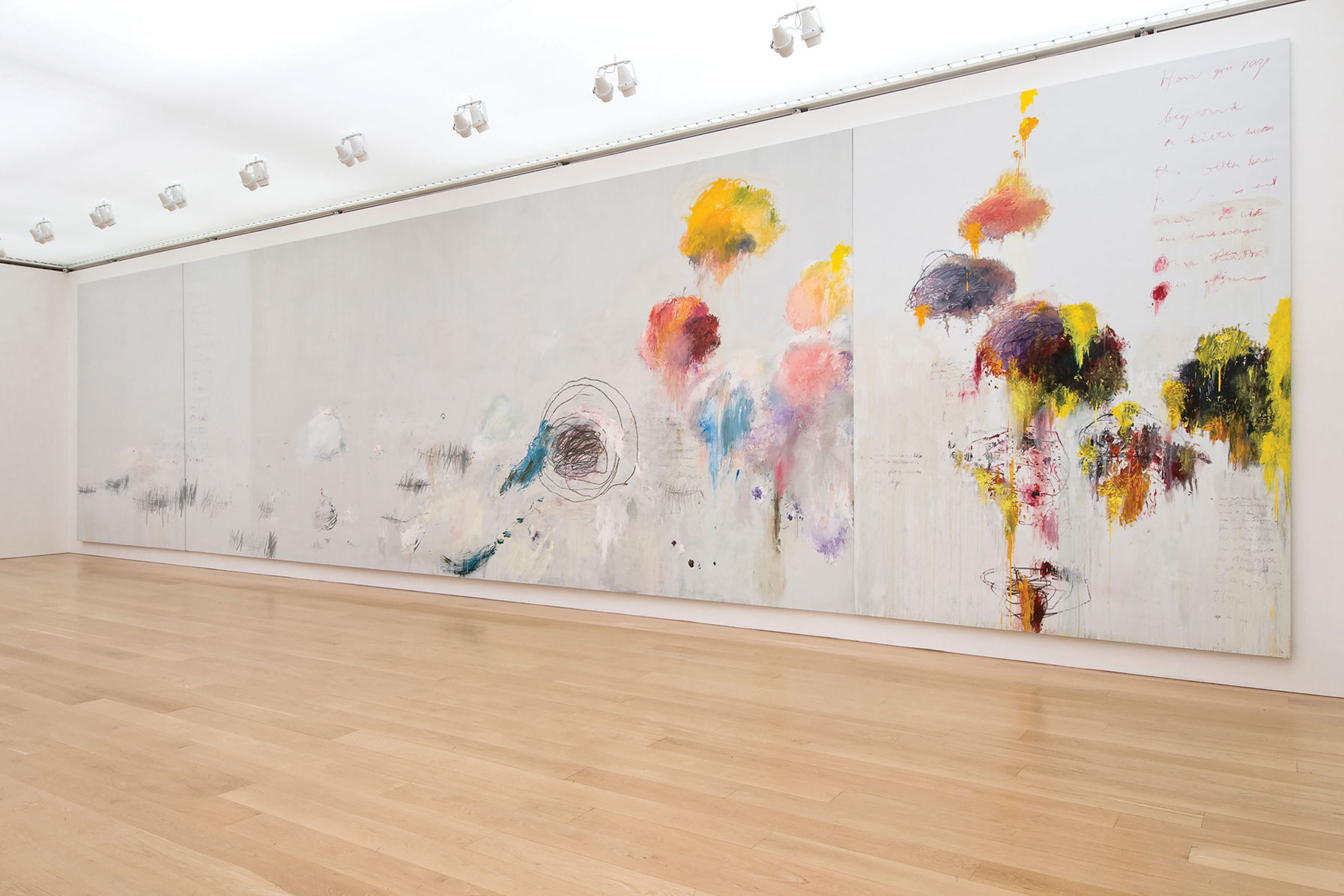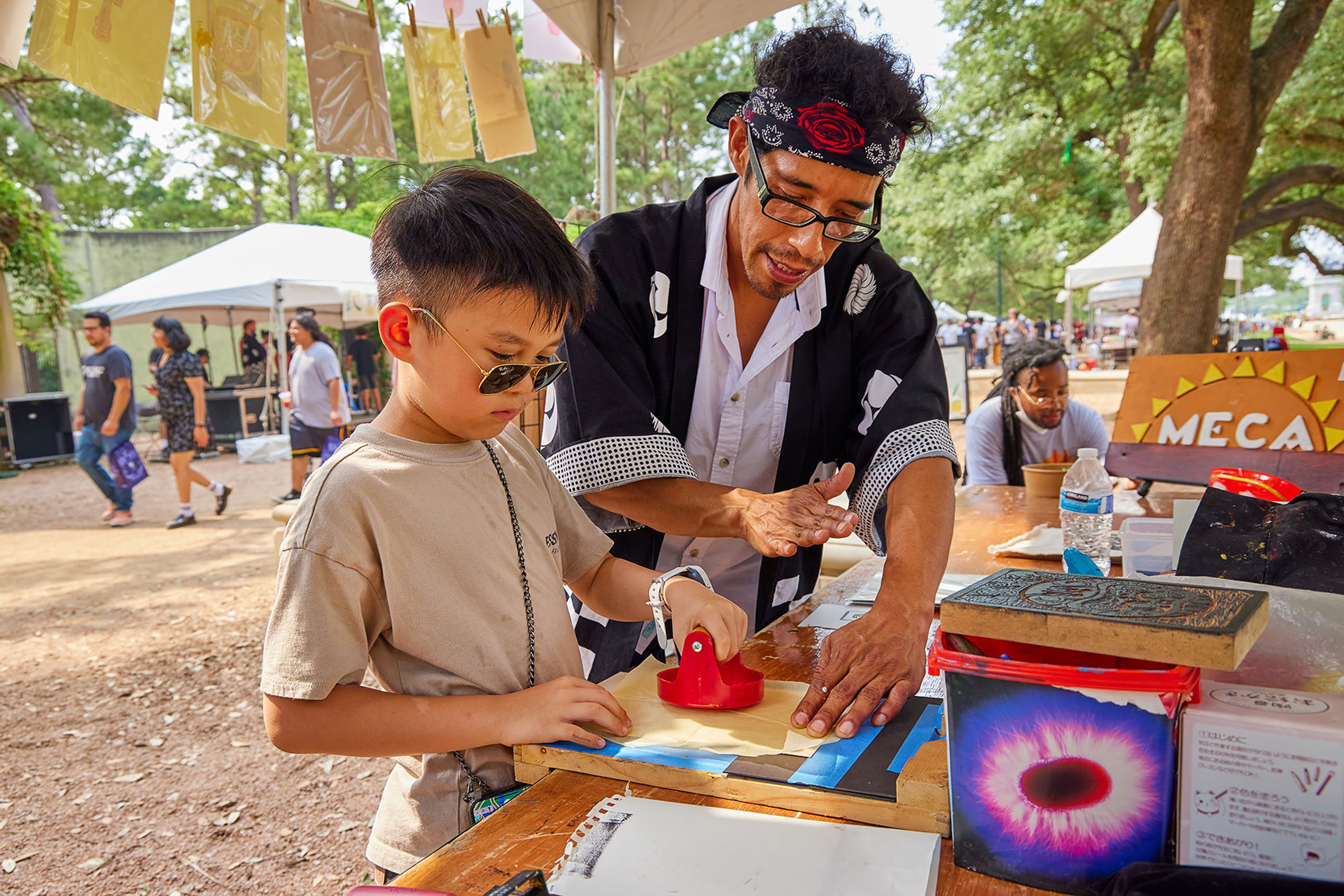The Unexpected Ways in Which Houstonians Have Helped Shape Wikipedia

When Wikipedia first launched in 2001, the self-proclaimed “free encyclopedia” quickly morphed into the scourge of many in the academic and research sectors. Professors would entreat students to avoid it at all costs, pointing to the anyone-can-edit ethos as a potential petri dish for disseminating falsehoods. But these opinions have shifted over time, with Wikipedia’s open-source nature and core mission ultimately proving to be just as much its strength as its weakness. Where fabrication can proliferate, so, too, may truth.
Soon, people and institutions alike started organizing edit-a-thons, events centered on sharing insights, conducting research, and updating and creating pages together. Though a global phenomenon, some curious Houstonians naturally gravitated toward the chance to make their mark on such a critical resource. They may take on content as hyperlocalized as emergency services and crime statistics, or look at broader topics, like climate change. But these editors share an end goal with their counterparts located in other cities and countries: the democratization of knowledge.
“As a user of Wikipedia, [you] also should be empowered to ensure that the content you’re looking for is there and is valid… A lot of times, a lot of people are actually relying on and trusting the information that they get through Wikipedia,” says Donna Török-Oberholtzer, associate librarian at the Menil Collection. “I know the paths I need to take to provide valid resources and to make sure everything is vetted before it’s put onto this page, and if there’s a way I can contribute to that and enrich that resource, why not? I would love to be somebody who is actively contributing to that site.”
Török-Oberholtzer has overseen the city’s Art + Feminism edit-a-thon presence since 2020, after she volunteered at her first event in 2019 and fell in love with the format (there’s always a snack table, the lively clicks of keyboards, and light chatter at the ones she’s held). Art + Feminism, as an international initiative, commits itself to creating and updating the Wikipedia pages of women in the arts, who are disproportionately underrepresented compared to their male peers. Participants may attend in person or online, and anyone is welcome. Török-Oberholtzer opens the Menil’s library to any Wikipedia editors who need to consult a reference, regardless of their location, and she brings in between 12 and 20 people per event. Usually, the books she oversees aren’t available to the public, owing to their rarity and age—some of them even date back to the Middle Ages. But Török-Oberholtzer is always willing to assist in finding and handling any resource an editor may need to reference. “If they want to access anything in the library, all they have to do is reach out to me and set up an appointment,” she says.
Like Art + Feminism and the Menil, the mutual aid collective ImagiNoir/BLMHTX takes advantage of Wikipedia’s community-oriented structure to promote social justice, fight iniquity, and correct misinformation. Jaison Oliver, a community organizer with ImagiNoir/BLMHTX, started organizing local edit-a-thons to combat the misconception that crime is on the rise in Houston. It isn’t. In fact, the city has actually gotten safer, and Wikipedia serves as an essential tool for fixing the narrative and offering alternatives to policing that may potentially reduce crime even further.
Oliver has been organizing edit-a-thons since 2016, after finding inspiration in groups like AfroCrowd and Black Lunch Table, which similarly commit themselves to educating the public through the creation and maintenance of Wikipedia pages. ImagiNoir/BLMHTX’s editing project, focused on community safety topics, launched after the organization received grants from Microsoft and the Urban Institute. Since then, Oliver has hosted 11 workshops dedicated to keeping Houstonians updated on the most integral city resources available, each drawing in up to 40 people. If Wikipedia is to be considered, for better or worse, a primary resource, then information on potentially life-saving measures must be as accessible as possible. “People just don’t know a lot about how our city works, what our public infrastructure looks like. I’ll give an example: We’re coming up on hurricane season, and a big conversation is around emergency notification,” Oliver says. “Notify NYC has its own Wikipedia page. Alert Houston did not. A lot of my friends who have lived here for a long time have no idea that Alert Houston exists.”
The Alert Houston page is now up and running, thanks to Oliver’s edit-a-thons, and includes a comprehensive overview on how to sign up, what languages are available, and some of the emergency alert–related struggles faced by residents who don’t speak English. He’s also invited staffers from Arte Público Press, the Spanish-language publisher operating out of the University of Houston, to help with translations.
In addition to public safety, Oliver views Wikipedia as a valuable accountability tool. He notes that local civic leaders aren’t asked to cite their sources when they speak at city council meetings and other public sessions. When Wikipedia pages get updated with current, verifiable data, it gives Houstonians a chance to check their claims in real time and offer challenges if necessary. “These editing workshops are important because they teach community members how to shape the narratives that are being used to discuss our community. It really puts that power into the community’s hands, and that is something that I love,” Oliver says.
This idea of reclaiming stories and returning them to the people has also permeated the classroom of Diana Strassmann, the Carolyn and Fred McManis Distinguished Professor in the Practice, Emerita at Rice University’s Center for Women, Gender, and Sexuality. Since 2007, Strassmann has hosted edit-a-thons on campus and assigned her students projects that involve working on Wikipedia pages. These efforts began with building out the biographies of notable women. Eventually, they expanded into collaborating with Rice student groups to share vetted data on poverty, the justice system, Black Lives Matter, Asian American and Pacific Islander (AAPI) culture and history, climate change, and environmentalism.
Strassmann, who has since worked with the Wikimedia Foundation and served on the board of Wiki Education, first got the idea for incorporating Wikipedia into her lessons after observing her son’s reliance on the site. It struck her how the crowdsourced model had come to overtake traditional print encyclopedias and the potential it held to educate a wider swath of the populace. “At the present moment, when there’s so much disinformation in the press and social media, there are all these ways in which stuff can get amplified that’s inaccurate,” Strassmann says. “The way that Wikipedia is constructed means that, on any contested topic, only the most accurate fact-based, evidence-based material ends up being represented because of Wikipedia’s policies.”
Despite the skepticism surrounding its origins, it is this collective commitment to maintaining the integrity of the topics covered that Wikipedia editors like Török-Oberholtzer, Oliver, and Strassmann find so valuable. Even if vandals invade a page and hemorrhage falsehoods, editors can always go in to fix the problem, make proper citations, and get the offending accounts banned. Wikipedia even has stringent guidelines on what it considers reliable and unreliable sources. While it can never serve as the definitive authority on a topic (it was not designed to be so in the first place), browsing the “References” section always turns up a treasure trove of additional reading: worthwhile starting points when investigating any subject in detail. And when devoted editors congregate to make changes, they craft much stronger results than they ever could have on their own. There’s power in gathering to pursue and disseminate truths, particularly using free, crowdsourced tools reaching a global audience.
“Often, people who are not normally writing a lot, they’re not sure how they can contribute, or they don't feel that it might make a big difference,” Strassmann says. “But when you get together with a group of other people who can answer your questions or possibly work together on some related content, be synergistic…[they are] able to feel like, at the end of the edit-a-thon, they’ve really accomplished something important.”




